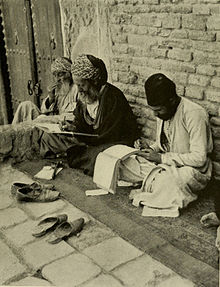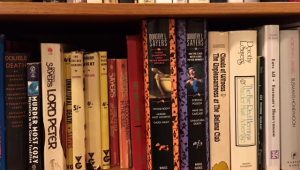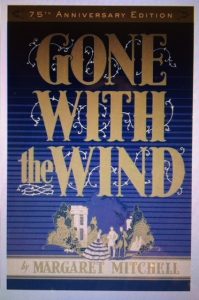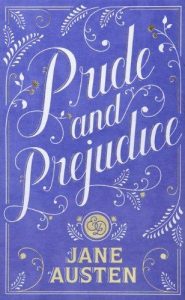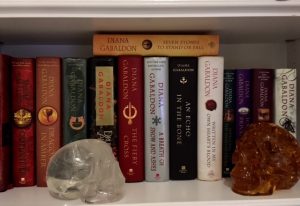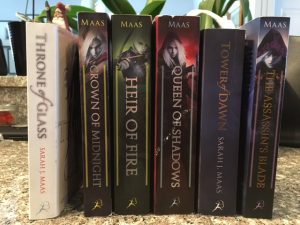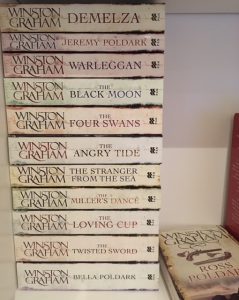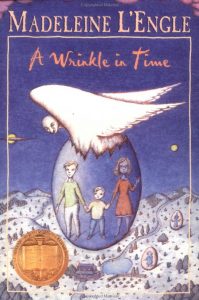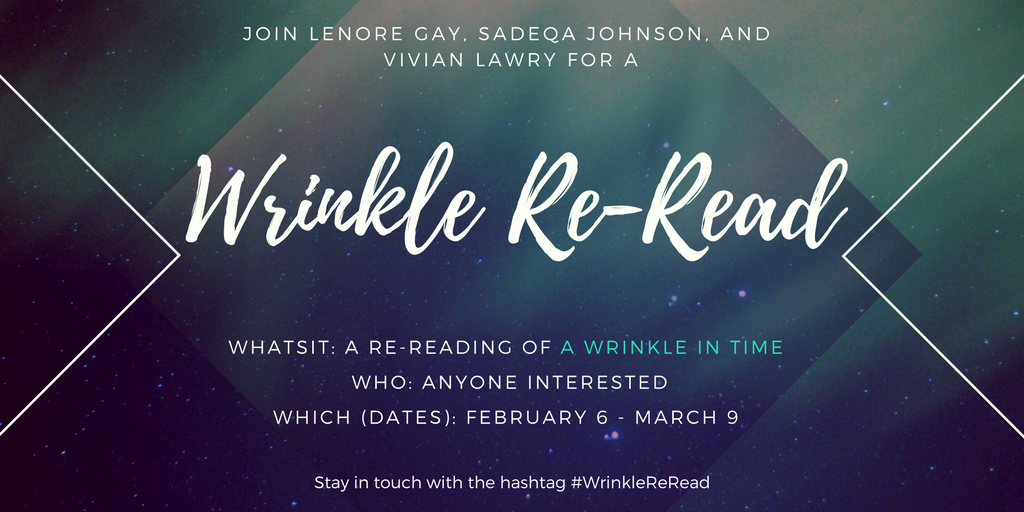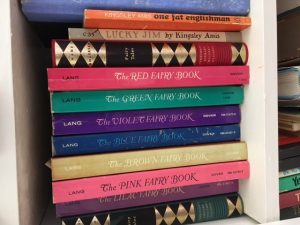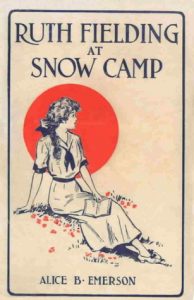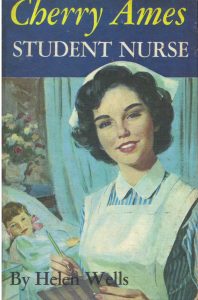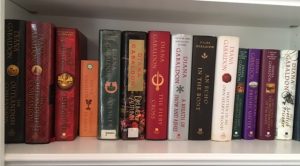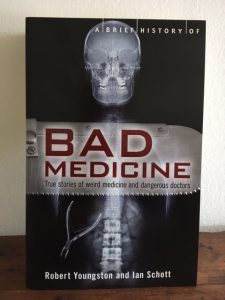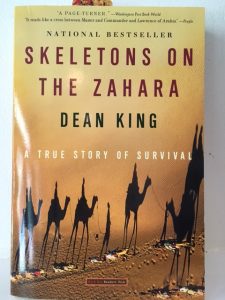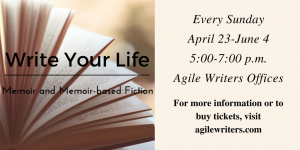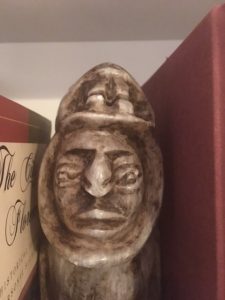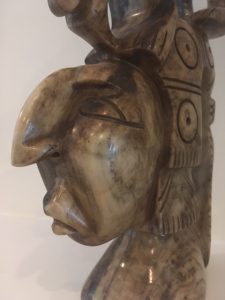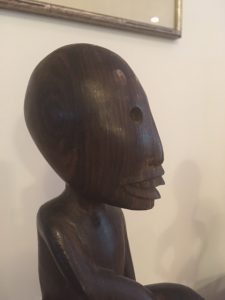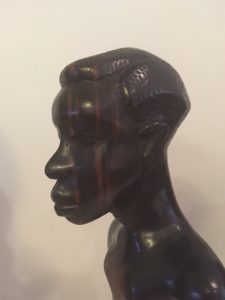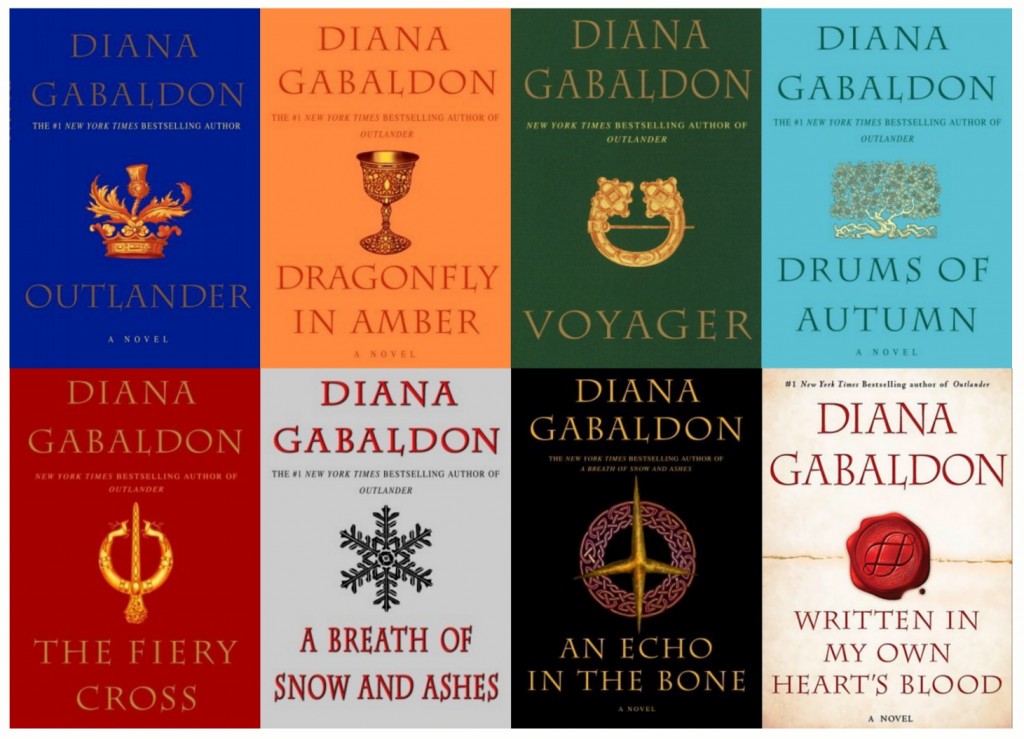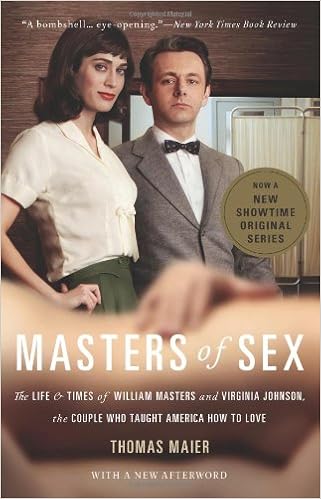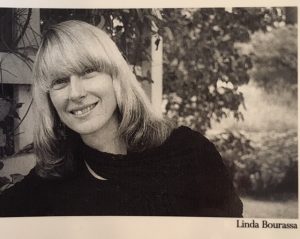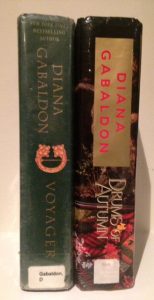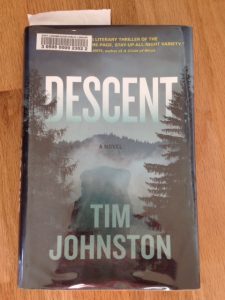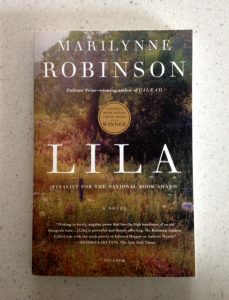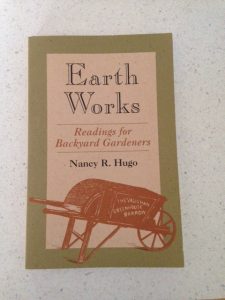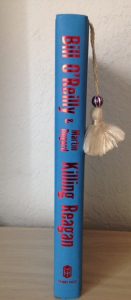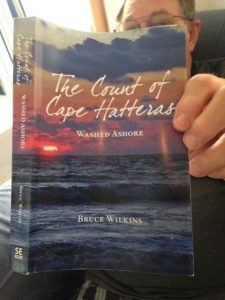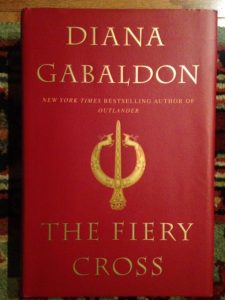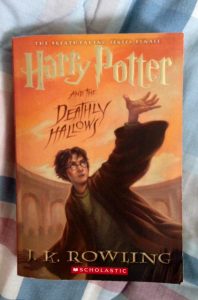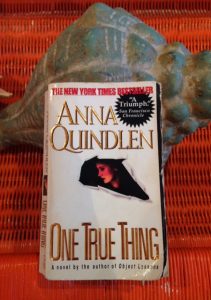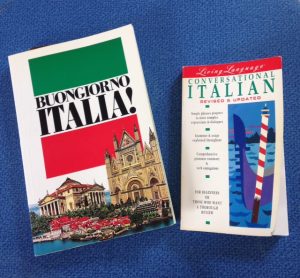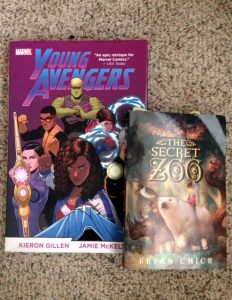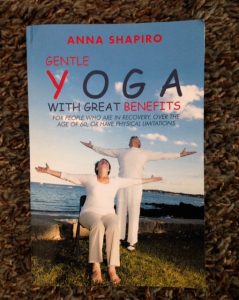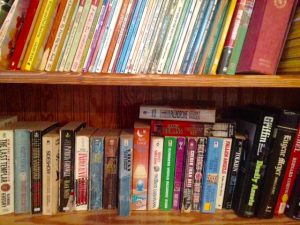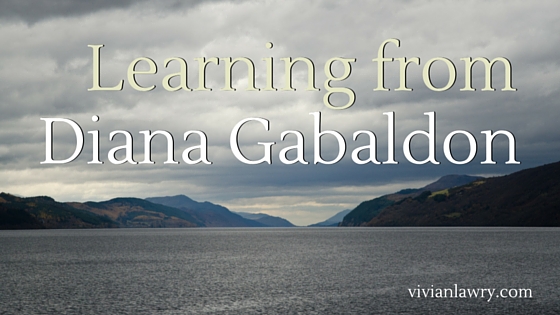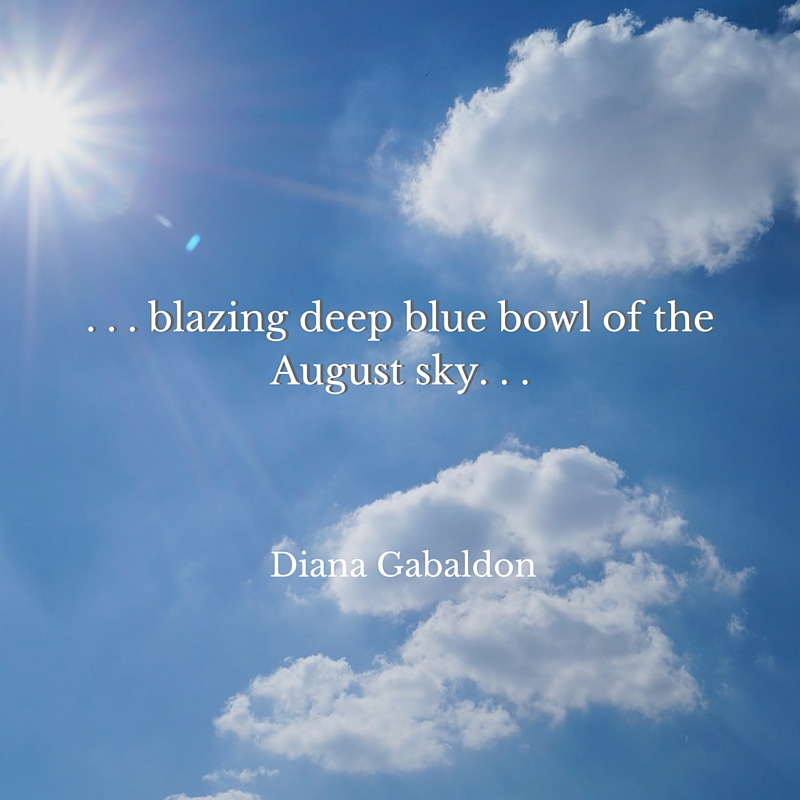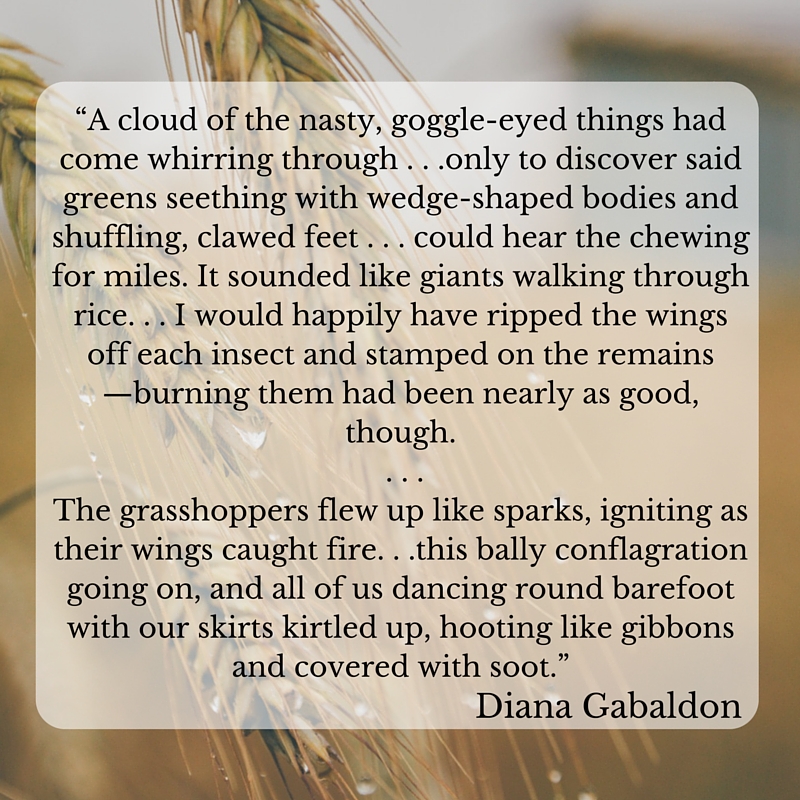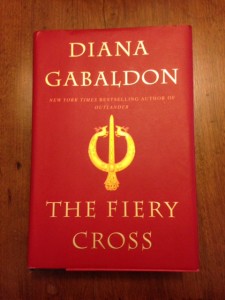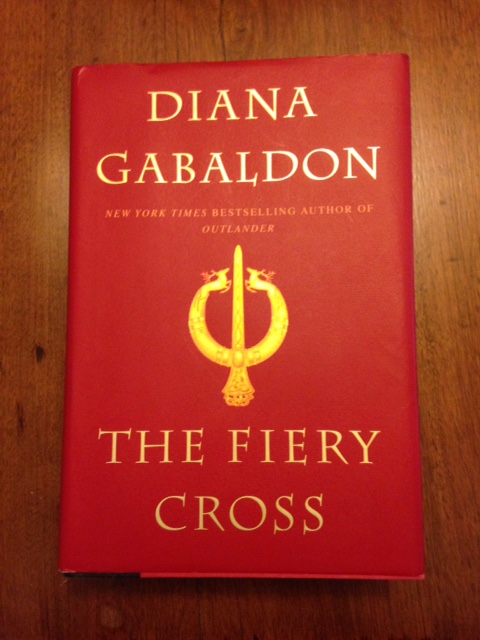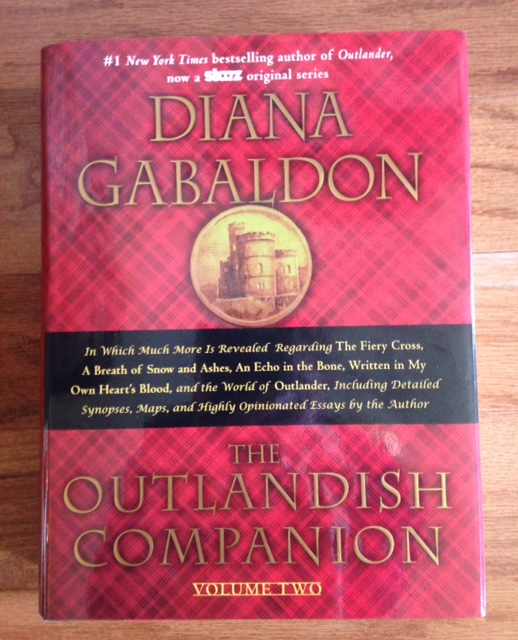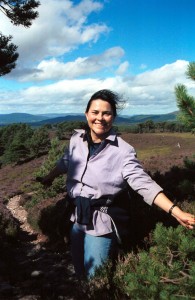 Canadian science fiction reviewer James Nicoll said, “The problem with defending the purity of the English language is that English is about as pure as a cribhouse whore. We don’t just borrow words; on occasion, English has pursued other languages down alleyways to beat them unconscious and rifle their pockets for new vocabulary.”
Canadian science fiction reviewer James Nicoll said, “The problem with defending the purity of the English language is that English is about as pure as a cribhouse whore. We don’t just borrow words; on occasion, English has pursued other languages down alleyways to beat them unconscious and rifle their pockets for new vocabulary.”
Among the many reasons I love writing is the way it allows me to explore the wonders of the English language. Here are some of the posts I’ve written on this blog that directly concern how language can enhance or destroy writing.
Commonly Confused Words
- Mind Your A’s and The’s
- Pay attention to what you mean to be saying when you use a or the to designate something. In general, a indicates one of many possibles while the is restrictive to one specific person, place, event, item, etc.
- The Limits of Spellcheck
- Spellcheck programs will not generally recognize incorrect word usage if those words are spelled correctly. Eliminating word confusion is up to you. This is a writing prompt to practice correct usage of some of the most commonly confused words.
- Choosing the Pronoun for Your Purpose
- Know the rules of grammar so you can use them or abuse them to suit your purposes! Pronouns can be subject (I/ you/ he/ she/ it), object (me/ you/ him/ her/ it), or show possession (my/ your/ his/ her/ its).
- I’m Not Alone Here
- The right word vs. the almost right word is the difference between sounding articulate vs. sounding pretentious—and uneducated. Bottom line: only use words you know for sure.
Cutting the Flab from Writing
- Practicing Similes
- Similes add color and tone to your writing. Don’t overdo. And avoid the worn and weary ones–such as hard as a rock, soft as a cotton ball, etc.
- Cut the Flab
- Flabby writing is writing that includes unnecessary words or phrases. I’ll talk about four common types of flab: stating something for which there is no alternative, saying the same thing twice, naming characters or relationships already known, and stating an action that is inherent in another action.
- Writing that Irritates Readers
- Here are a few examples of the worst habits of flabby writing
- Going off-key on tone: This is when something just doesn’t feel right, such period inappropriate slang.
- Close but no cigar: Using the wrong word, such that for who or imply for infer
- Redundant verbiage: Using extra words to modify ideas that need no modification
- Here are a few examples of the worst habits of flabby writing
- Let Your Punctuation Speak for You
- This is a variation on two themes: show, don’t tell and trust your reader. The point is that the reader will get your meaning without both the punctuation and the accompanying explanation.
- Bitch Blog
- A USA Today best-selling author who shall remain nameless has written a series of books that are filled with egregious examples of the flabbiest of flabby writing.
- Clichés—True But Tired!
- This is an extensive but not exhaustive list of some of the worst, most over-used, most obnoxious cliches.
Close Attention to Detail
- Getting Up Close With Nature
- Be specific. Perhaps the foremost is be specific. Don’t say “a tree,” say, “a willow oak.”
- Be Specific
- To avoid wimpy writing, attend to the details. I already talked about avoiding weasel words like some, few, or many in favor of specific numbers or quantities. The same applies to vague nouns: flower, tree, shrub, car. Tell the reader it’s a rose, an elm, an English boxwood, a Ford.
- The Five Ws
- You have a vague recollection that sometime in the past–perhaps in high school–someone told you that when writing a newspaper article, you need to cover all five Ws: Who, What, When, Where, and Why. That is good advice in general, including fiction–and even memoir.
- Observe More Closely
- Nature writing can be add depth, precision, and detailed setting in any genre of writing. This post provides examples of various genres in which nature writing has been used effectively and some tools to develop your own nature writing skills.
Careful Use of Modifiers
- Choose Modifiers Carefully
- The same advice on adverbs applies to other modifiers. Make sure they add something to the story. “Very” should be on your hit list, along with all sorts of weasel words and phrases, such as a little, a lot, big, small, somewhat, sort of. . . You get the idea.
- Use Strong Verbs
- How do you recognize a weak verb? Look for adverbs! When you find a sentence in which you give the reader a tag telling how an action was performed, chances are you have a lazy verb–one you didn’t really think about as you plugged it in.
Period Appropriate Writing for Genre or Setting
- A Little Dialect Goes a Long Way
- A touch of dialect helps establish voice, and may lend authenticity to the writing. But for the beginning writer, knowing how much is enough is often difficult. A story studded with apostrophes and phonetically spelled words draws attention to the writing, detracting from the story.
- Kids Say the Darndest Things!
- Children’s language development is a very interesting study for psychologists and linguists. It is important that child characters behave and speak appropriately for their age to be believable. However, every child is different; outliers on either end of the development scale can add interest but must have believable groundwork laid.
- Use Slang and Clichés Effectively
- In my opinion, the best use of slang is setting the time of the story. Used effectively, it lends authenticity to dialogue. But if writing about any time other than the present, tread carefully. Inappropriate slang can ruin the tone and undermine the credibility of the entire story.
- Horror Week is Here
- The blog Now Novel provides excellent advice for techniques that are most effective in various genres, including horror.
- Historical Fiction
- Writing historical fiction requires extensive knowledge of the period in which the story takes place, including the slang and speech styles common at the time. This blog provides several resources and suggestions for writing effectively about the chosen time period.
History of the English Language
- Shades of Professor Henry Higgins!
- The development of the English language into the distinct dialects used in various English-speaking nations around the world can be mined for examples of characterizations by word choice and syntax. It is also a fascinating story on its own.
- Loving Language
- Our everyday language is full of phrases we use without thinking of how they came to mean what they mean. Delve into the origins of words and phrases. You will find amusement as well as information!
- Is the Quality of Writing Declining? And if So, Why?
- Research suggests that writing ability in American students has fallen, combined with (or caused by) a decline in concrete guidelines and principles for those teaching writing. Reading for pleasure has also been declining over the last few decades.
- Emojis: Yea or Nay?
- I approached this blog with the opinion that relying on emoticons—i.e., emojis—is dulling out ability to express emotions with rich language and subtlety. Some have asserted that the emoji is the fastest-growing language in history—for good or ill. How do you feel about emojis?
Editing or Proofreading Yourself
- Talk to Yourself
- Longer, more complex sentences are much smoother and more graceful on the page than in the mouth. If you want dialogue to sound real, listen to it–literally. Reading silently, your brain fills in and evens out. So, when you feel your work is in pretty good shape, read it aloud.
- Curb Your Enthusiasm
- Be selective–and restrained–in using exclamation points and italics. More than one of these every few pages probably means you are using these visual markers to shore up weak word choices.
- When, While, Then
- Search your work for these words and closely examine each usage. They often contribute to run-on sentences that would be stronger and clearer if they were revised into two or more shorter sentences. Be especially wary if one sentence contains two or all three of these words.
- Skip The First Word That Comes To Mind
- When you are trying to get something on the page, moving quickly and just getting it done is the way to go. But know that isn’t the finished product. Go over your draft and mark commonplace words–particularly forms of the to-be verbs and vague adjectives. Consider at least three alternatives–and consider the value of the least expected.
- Didn’t Get it Right the First Time?
- Noah Lukeman is my favorite guru on self-editing. He’s highly readable, clear, and interesting. But if you need some quick-and-dirty guidelines right now, here are a baker’s dozen.
- Attributing Words to Characters
- We are often in need of indicating who is speaking and/or how. In doing so, beware of distracting—or irritating—your reader. Here are my personal guidelines for making attributions.
- Treasure Trash
- I’d bet nearly everyone who’s written a book has edited out not just words, but paragraphs, scenes, or entire chapters. Don’t delete chunks of text. Save them in a separate file.
- It makes it easier to cut the flab (anything that doesn’t fit this piece of work), sometimes known as killing your darlings.
- Those chunks may come in handy in the future, either as additions to as sparks for something totally new.
- I’d bet nearly everyone who’s written a book has edited out not just words, but paragraphs, scenes, or entire chapters. Don’t delete chunks of text. Save them in a separate file.
- Verbal Tics— Use and Abuse
- Everyone has verbal habits, including tics. As a writer, be aware of your favorite words and use them sparingly! In the right context, they can convey education level, social class, and even age.
- Across Years and Miles
- This post includes a list of common errors in grammar and syntax, each humorously illustrated by use of the error it advises against.
- When Less is More
- “Very” is a word we all should do searches for in our documents—finding and replacing with something stronger. These are not exhaustive lists. The point is examine your writing to make sure every word is necessary, and then trust your words to mean what they mean!
Structural Tips for Writing
- Beware Long Descriptions
- Whether describing a person, a place, a thing, or a process, long detailed descriptions–unrelieved by action–are likely to be deadly. If very well done, readers will get so involved in the description, in visualizing exactly what the author had in mind, that they are taken out of the story itself. If not well done, those passages are likely to be skipped altogether.
- Writing Tip for Avoiding Redundancy
- Redundancy takes many forms and it makes for clunky, dull writing. This post demonstrates some common examples of punctuation, description, and incorrect word use that often lead to redundancy and can be removed.
- Matching Tone & Structure
- Sentence length and structure should be used to echo the tone of the action: short, simple sentences for quick or abrupt action; longer, more complex sentences for slower scenes or poetic description.
- The Distancing Effect of I
- Whenever the narrative Point of View is first person, the story is, by definition, about the narrator. In this case, as in any writing, your goal is to draw the reader in. Therefore, if you choose to use “I” as the narrator, you need to present a quest that many readers would care about.
- Use and Abuse of Passive Voice
- If you want your words to seem impersonal, indirect, and noncommittal, passive is the choice. Bryan A. Garner identifies six ways in which the passive voice is acceptable or even preferred.
- Dialogue Dos and Don’ts
- Dialogue is essential to every genre of fiction; however, sometimes it’s hard to get it just right. Bad dialogue can trip up a reader, and sometimes doing so will make them want to stop reading altogether. That being said, here are a few dialogue dos and don’ts that can help you with writing speech.
- How Do You Read Now?
- Research (and book sales) suggest that modern readers are more interested in story than in style. Many writers appear to focus more on technique and self-awareness, according to an article by Adam Kirsch. Consider whether you think plot or style is more important.
Words and Dictionaries
- Homonyms
- This post provides a writing exercise to familiarize writers with the pitfalls and opportunities of words that sound the same but are spelled differently and mean different thing.
- WHY CONSIDER THE F WORD?
- Here is a discussion of when to use profanity directly and when to use a euphemism instead, with a brief description of the history and current usage of this particular bit of profanity.
- Conglomeration
- This is writing prompt derived from one of the author’s favorite words. Conglomeration is another of those words I love because it sounds so much itself. Technically, it has to do with a spherical shape, and disparate things brought together in one. But its more common usage, of miscellaneous or even random things brought together (no particular shape) make it a very useful word.
- Use Uncomfortable Words
- Uncomfortable words are perfectly correct and not obscene. Nevertheless, they often surprise–or even shock–the reader. Sometimes they make the reader uncomfortable.
- Beware Beautiful Words
- Writers are readers, by and large, and also word collectors. We tend to fall in love with words. Some writers make a career of writing about words as well as with them. This is a quick list of some interesting words that can add flair and tone to your writing.
- This Just In!
- As many of you know, I collect dictionaries. This facsimile edition of the first American Dictionary of the English Language arrived yesterday and I’ve been enjoying it for hours.
- What Would You Call a Bunch of Bluebirds?
- Here are some of the most interesting collective nouns for species of birds, with illustrations from the author’s garden.
- Color Your Writing
- With so many specifically named colors in the English language, it is important to be specific about which one you mean. There is a close tie between color and mental or psychological state, which can have a great influence on readers’ perception of a scene, a character, or a work as a whole.
- Word Wealth
- There are dictionaries available for nearly every specialty, dialect, and profession. They can provide a wealth of detail and precision to any setting in any genre.
Examples of Other Authors’ Successful Habits
- What Writers Can Learn From Diana Gabaldon
- There are many things this author gets absolutely correct, but this post will focus on vivid language. We have all heard or read that we should use fresh, vivid language and strong verbs. Here are some of my favorite examples of Diana Gabaldon’s sensory and emotional writing.
- What Writers Can Learn from Political Campaigns
- Careful word choice, audience appeal, actions or words open to (mis)interpretation, complementary characters, innuendo, denial, and characters revealed by reflected traits of associates are all extremely important in any political campaign. The 2016 election was full of examples of all of these, which are also used in good writing.
- Communicating Without Words: Campaign Lessons
- You’re a writer—so for purposes of this blog, communicating without words means without dialogue. And there are many reasons you want to be able to do this. The 2016 presidential campaign offers several educational examples.
- The Good and the Bad
- The 2018 June 18th issue of The New Yorker includes an article titled “High Crimes” by Anthony Lane, a review of Bill Clinton and James Patterson’s book The President is Missing. The article highlights some nuggets of really egregious writing, from mixed metaphors to clichés, offered here for your amusement.
- Writers on Writing
- This post offers writing tips and advice from a few successful authors, including Stephen King and Virginia Woolf.
- Bradley Harper: The Man Behind the Writer
- An interview with Bradley Harper reveals some of his most effective writing habits and techniques.
- Going Long
- Thanks to Rosemary Shomaker, we have a chance to vicariously experience the struggle of a writer stretching into a new challenge. She discusses her methods of creating a tight, closely-written short story.
